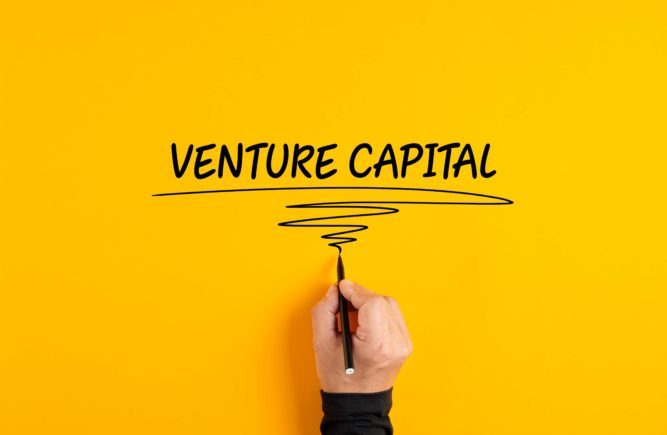Fundraising During a Venture Capital Slowdown

- Jennifer Rosenthal
- |
- November 28, 2022
After record highs in 2021, recent reports show a global pullback in venture capital funding with a 33 percent drop from Q2 to Q3 2022. However, as founders prepare to weather a tougher fundraising environment, there is still some positive news. Nationally, dry powder, which is the amount of capital investors have raised but not yet deployed, has reached a record high. Locally, funding in Colorado remained higher than pre-pandemic levels during the third quarter of 2022, and the Denver/Boulder metropolitan area is ranked as the #10 fastest-growing U.S. startup city.
As venture funding slows amid economic uncertainty around a potential recession looming, startup founders can proactively take strategic steps to navigate fundraising in the changing venture landscape.
Build relationships and look to existing investors
Before fundraising, founders should rely on their networks to strategically build relationships with investors and experienced advisors. In a tougher economy, investors are more likely to support businesses already in their portfolios so founders should first seek investments from existing investors.
For founders who don’t have existing investors to lean on, it’s even more important to dedicate time to networking and to rely on trusted advisors to connect them with investors. As more in-person meetings and events take place, founders can use this quality face-to-face time as an opportunity to develop new relationships and deepen existing relationships.
Shift your mindset and adjust expectations
In a weaker economy, founders should expect the fundraising process to take longer with more scrutiny from investors and more due diligence required.
While there is a surplus of dry powder, investors are pickier about the companies they invest in given the broader economic conditions. As mentioned above, this means that finding the right investors who believe in a founder and a founder’s vision may take longer to identify and meet.
Once companies have found a good investor match, coming to an agreement on valuation may also take longer than in recent years. Investors will take the recent market developments into account in valuation while founders will still desire valuations they could have received had they been raising during an economic upturn.
It is also possible that other economic and control provisions may be negotiated more heavily, but the strongest investors typically rely on valuation alignment rather than pushing to take outsize control, even in a weaker market.
Put your best foot forward for pitching and due diligence
With increased scrutiny from investors, founders should be prepared to put their best foot forward. Come to the table prepared to:
- Proactively acknowledge today’s economic climate and explain how the company plans to respond.
- Refine and strengthen your story, your value proposition, and your business plan.
- Work with experienced advisors to ensure your business is investment ready. Button up documentation on any current obstacles like capitalization, employee, and intellectual property ownership concerns.
- Lean on advisors to prepare for pitching and practice to avoid common pitfalls and missteps.
- Illustrate the ability to make sound financial decisions. Demonstrate sustainable spending habits and a conservative burn rate to minimize risks for investors.
- Address capital efficiency, the ratio of capital expenditure to revenue generated, and communicate the company’s path to profitability so investors are clear about the business’s potential for long-term growth and scalability.
Partner with experienced advisors
While the venture capital slowdown may test a founder’s resilience, startup founders are known for their tenacity and work ethic. Experienced advisors with a pragmatic approach and deep business knowledge can help founders and investors find common ground and maximize a company’s fundraising efforts even in the current venture capital climate.
Jennifer Rosenthal is a corporate partner in the Boulder office of KO. Jennifer’s practice focuses on corporate transactions, including mergers and acquisitions, venture capital and private equity investments, and company formations. She also serves as outside general counsel for many of her clients, acting as their first point of contact for legal assistance. Jennifer works with clients ranging from startups to public companies with industry focuses on consumer products and technology. Reach Jennifer at [email protected].




